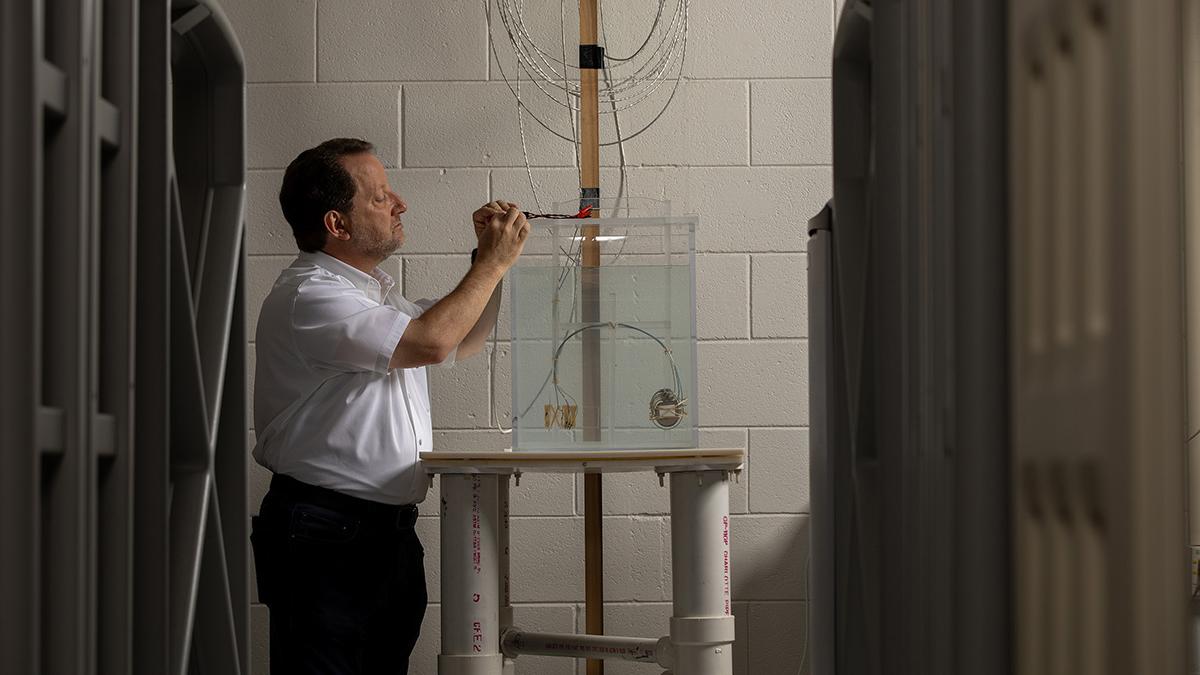Urban Planning and Spatial Analytics (BS)
The Bachelor of Science in Urban Planning and Spatial Analytics prepares students to address some of the world’s most challenging urban problems in the context of core social values such as sustainability and resilience. The curriculum gives students both a broad understanding of the urban and regional environment and a firm grounding in the practical skills needed for effective analysis and planning.
Collaborative Social Innovation (Minor)
Through practical, impactful, challenge-focused activities, student achieving the minor in Collaborative Social Innovation are prepared to employ the cross-disciplinary approaches of collaboration, social impact, and innovation to improve the human condition.
Astrophysics (BS)
The astrophysics degree provides comprehensive and rigorous training in the fundamental processes and laws that govern planetary systems, stars, galaxies, and the universe. In addition to these core topics, the degree includes training in computational techniques and data analysis that can be applied to a variety of disciplines.
The skills learned as part of the B.S. in Astrophysics are transferable to a wide range of careers across multiple sectors of the digital economy, such as data scientists, software engineers, and research analysts.
Astrophysics (Minor)
The minor in astrophysics provides a foundational overview of astrophysical phenomena, e.g., stars, galaxies, and planets, as well as training in the physical theories needed to study the universe.
Astrobiology (Minor)
Interdisciplinary undergraduate minor degree program that introduces students to the breadth of topics in astrobiology. There are no prerequisites for entering the Astrobiology minor program, and students in any major at Georgia Tech are eligible to complete the Astrobiology minor.
Upon completion of the minor, students will be able to:
Management (MS) - Online Degree
Online Master's in Management Degree
A fully online graduate degree designed for professionals from any background. The M.S. Major in Management Online degree required 30-credit hours can be earned at your own pace, ranging from nine months with a full-time course load to two to three years with a part-time course load.
Learn more about the M.S. in Management Online degree
Cassie Mitchell Pursues 4th Paralympic Medal at 4th Consecutive Games

It may be harder than ever to medal this time, but the BME faculty member is also working harder than ever to make it happen.
Center Helps Protect Medical Devices From Electromagnetic Interference

By developing test protocols, evaluating device operation and performance, and sharing the resulting data with makers of the medical devices and emitting equipment, researchers help prevent unexpected interactions that could potentially harm patients.
